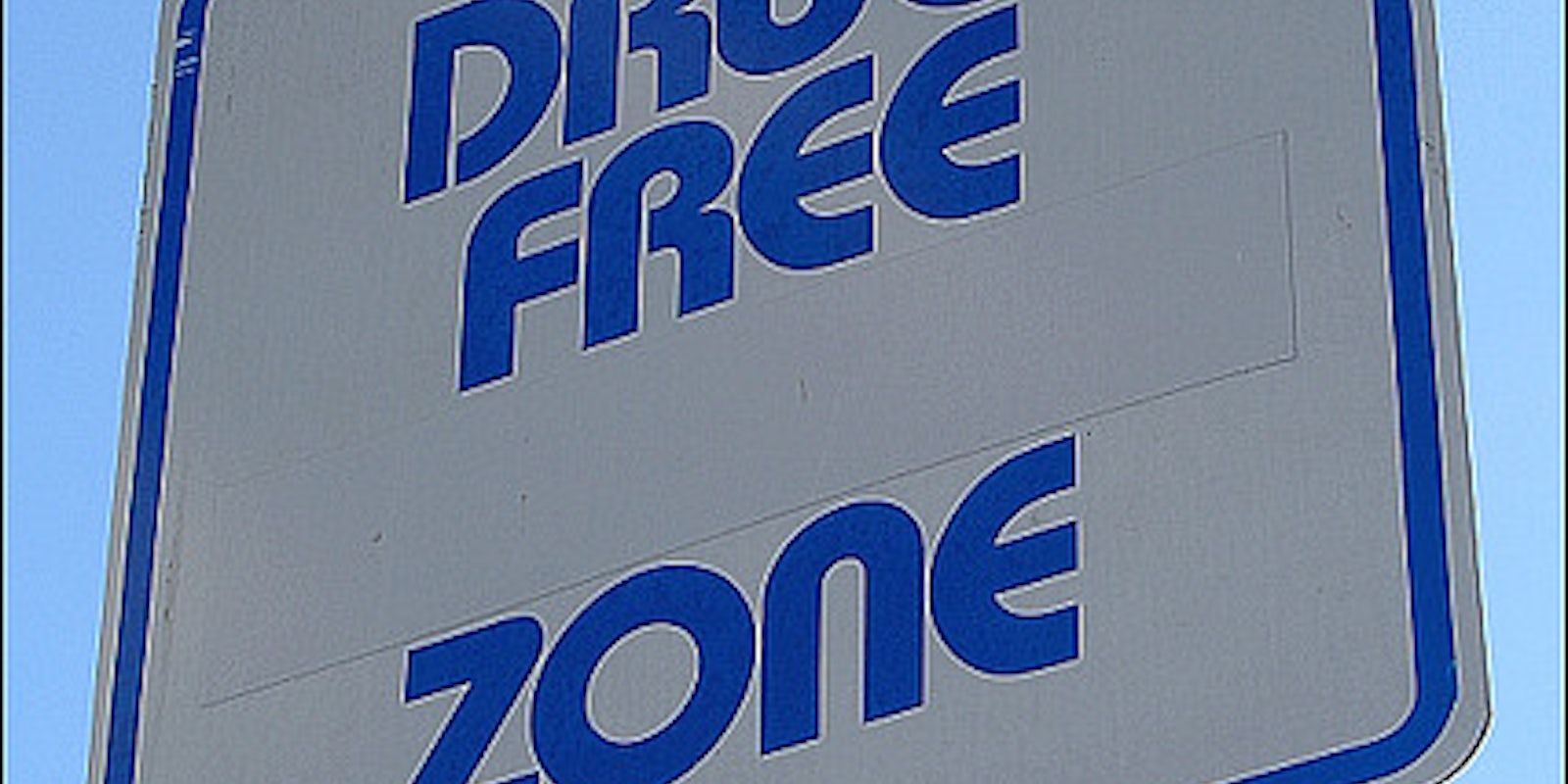You’d think it’d be your own business if you want to sell products on Etsy out of your home. At least one seller, however, faces hundreds of dollars in fines for doing just that.
When Kimberly Morgan applied for a zoning permit to sell her crafty creations, she was denied on the grounds that her home in Upper Darby, Pa. is not zoned for the “manufacturing of cosmetics, drugs, or textiles.” She now faces a $700 fine and a hearing with the county zoning board. That’s on top of a $100 fee to submit her zoning application for consideration.
“Governing bodies need to recognize hand-crafted businesses as such, instead of assuming I am in the business of large scale production that is inappropriate for a residential zoning area,” Morgan told the Daily Dot.
Morgan does not consider her home business equal with a manufacturing plant. Crafting and selling her beauty products on Etsy is as much a hobby as it is a job. She loves to create inventive, organic floral fragrances and fruity lip balms for her shop, AkimaBotanicals.
Jeffrey Gentile, the Upper Darby director of licenses and inspection, told the Daily Dot that a home business could be denied for creating excessive “noise, vibration, glare, fumes, odors or electrical interference nor can it create any added traffic.” However, he added:
“A home occupation permit could be issued if a resident was selling a product online from their home and where it is then shipped directly to the customer from a different commercial location.”
Morgan said she meets this standard. She makes small, chemical-free batches in her kitchen, which she then sells at the local farmers market or ships to customers around the country.
“They should have asked me if I am generating noise, vibration, glare, fumes, odors, or electrical interference or added traffic or solid waste before they deny my application after taking my $100,” she said.
After Morgan pays an additional $700, her rezoning application will be re-reviewed by the country zoning board—without guarantee of approval.
Since founding her business in January 2011, Morgan said she’s always attempted to “do the right thing.” She’s applied for and received a sales tax license, registered her LLC with the state, and maintains business liability insurance. Now, she feels she’s being punished for trying to do what’s right.
When Morgan shared her story in the Etsy forums though, fellow sellers from all over the country shared similar tales. Another seller named Kimberly, who sells jewelry, said the presence of her Maine home studio almost kept her from remodeling her home.
“I string beads together…I told them over and over. Did not matter. I DO NOT have customers in my home…does not matter,” she wrote.
Many sellers consider their Etsy shops no more than crafty side projects. Morgan’s cautionary tale, however, shows even small goods can come with a hefty price tag from local government.
Photo by Rupert Ganzer


